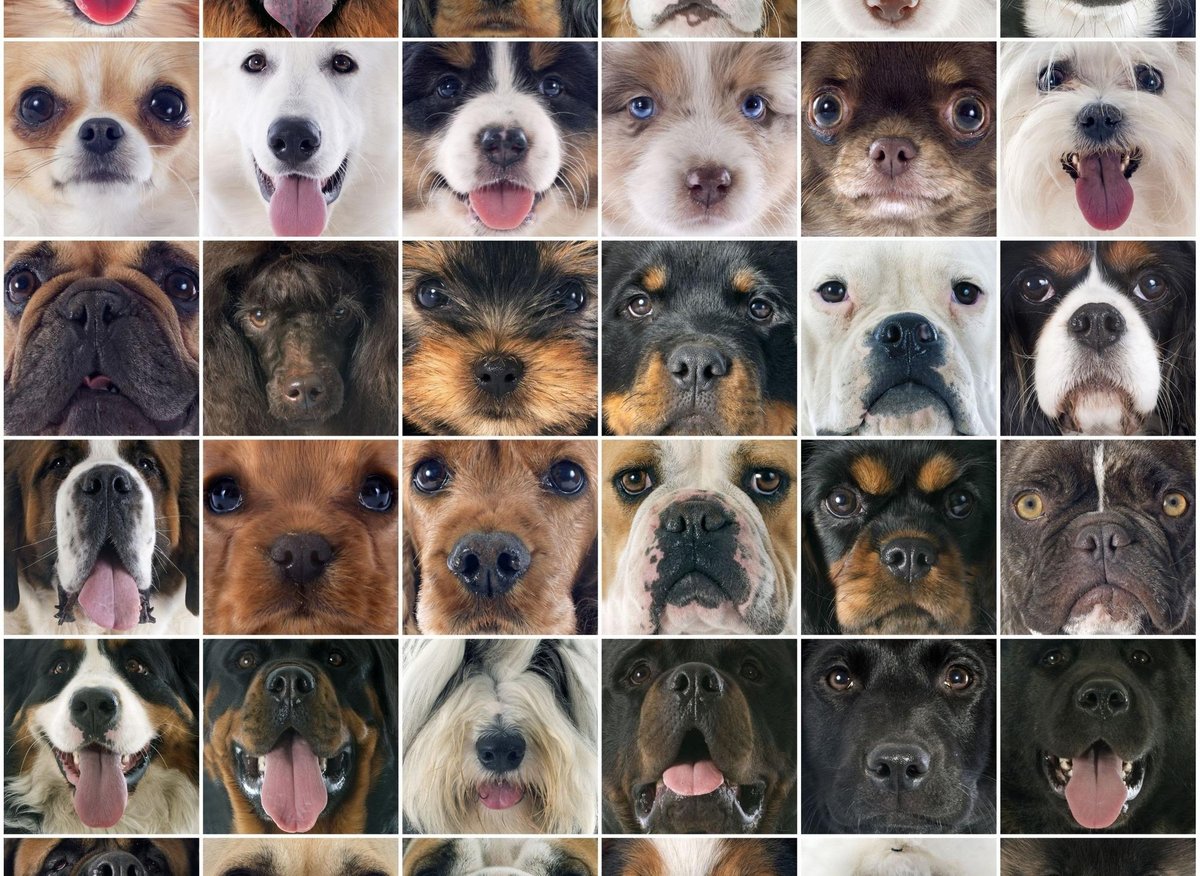As shown in a review of the literature of 426 Italian dog owners published in Scientific Publications, changes in emotion regulation displayed by canids after the death of a pet canid in the same residence could be symptomatic of distress. .
Dogs go through grief behavior study
According to News Scientist, animal lovers may have assumed this for a considerable time, but recent research has found that around 90% of dogs who have suffered the death of a friendly dog in the same residential area have protested. undesirable behavior immediately afterwards.
This includes appearing less fun, consuming less, starting to interact anxiously, and wanting more supervision.
Federica Pirrone and associates interviewed people whose beloved dog had perished while they were also babysitting at least one other dog.
The sitters, nearly half of whom had lost their dog in previous years, were asked if there had been any adjustments in the behavior of the remaining animal since the bereavement.
Additionally, owners mentioned the previous bond between their pets as well as their own degree of grief after the death.
Associate Professor at the University of Milan in Italy, Federica Pirrone explained that the action could be a sign of pain.
While grief-like behavior has been observed in creatures such as elephants, killer whales, and chimpanzees, it has not been studied in dogs, despite numerous reports from owners.
Pirrone’s team interviewed 426 people who owned at least 2 dogs, one of which had perished, and inquired about any behavior by the remaining dogs.
Following the loss of their other dog, 86% of parents saw a detrimental change in attitude in their remaining dog, 32% said it lasted between 2 and 6 months, while 25% said it lasted more than 6 months.
When asked to explain these lifestyles, 67% of owners said living pets became demanding of affection, 57% said they interacted less, and 46% said they became less energetic.
Meanwhile, 35% of owners said their remaining dog was taking more and more naps and was scared, 32% said they were eating less, and 30% said they were whining or barking excessively.
Prior to their pet’s death, 93% of owners said their canines had been with them for more than a year, and 69% considered their dogs’ relationship to be friendly.
Read also : Space Rock that fell from the wooden house of a kennel is auctioned
How dogs react after the death of a companion
Assuming the dogs had a close friendship, especially if they used to share an acceptable meal, these puppies were much more likely to mourn their recently deceased partner.
However, they were more likely to be negatively affected if their holder also experienced grief, implying that they were also reacting to the host’s altered behavior.
According to Pirrone, dogs have become extremely sensitive to emotional communication movements and non-verbal cues.
A guardian and a dog create a personal bond. The dogs’ responses were unaffected by the length of time the two dogs had recognized each other, but virtually all had resided together for more than a year.
According to Pirrone, a puppy’s thoughts are comparable to those of a real baby around the age of two.
It is reasonable to anticipate that detachment from a friend would lead to negative outcomes that overlap with those we usually perceive as bereavement.
Researchers say grief-like reactions in dogs may be a significant animal welfare problem that has gone unrecognized.
Also Read: Giant 8-Foot-Long Snake Found in Georgia State, Biggest to Date in Years
© 2022 NatureWorldNews.com All rights reserved. Do not reproduce without permission.
 Christ Yoder
Christ Yoder



